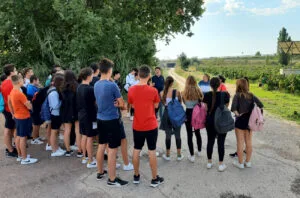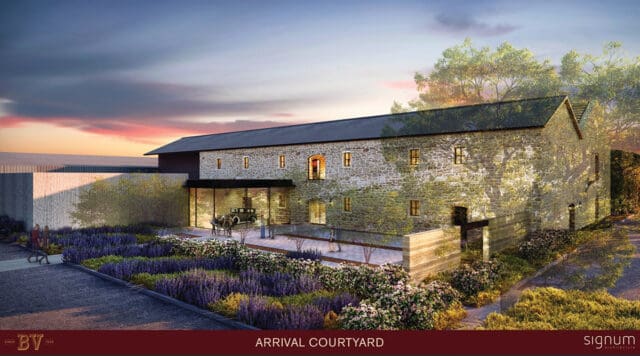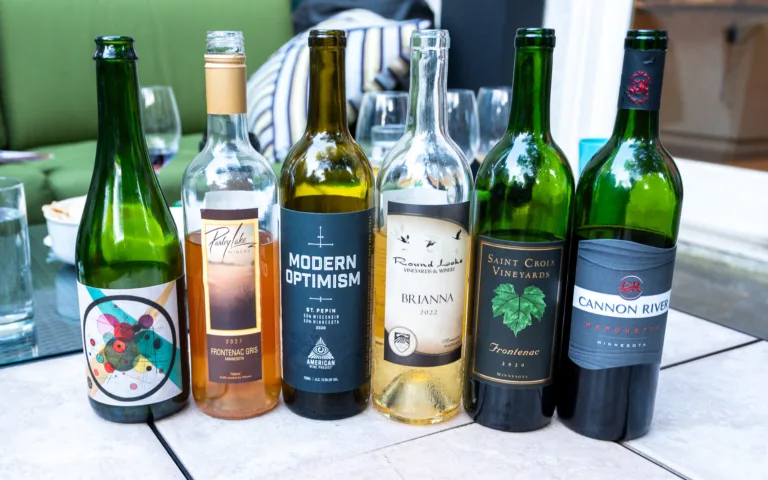Social and environmental sustainability are inextricably linked, one being hard to justify and maintain without the other. The preservation of a territory and its natural resources is never fully possible without being considered in tandem with the needs and prospects of its communities. This is particularly true for regions where viticulture plays a central role in local economy and the character of the landscape. The very definition of terroir as a complex expression of the natural and human factors that define a place’s identity evokes the dialogue between social and environmental variables that need to be considered to build a viable future for generations to come.
It’s with this in mind that DO Utiel-Requena has, over the past decade, developed a number of key educational projects that engage with the younger generations that represent the region’s future.
Agents of change
As the main beneficiaries and agents of the successful deployment of sustainability strategies (and the main victims of the failure to do so), students should be some of their priority subjects. This is the fundamental premise of DO Utiel-Requena’s several educational initiatives, a key component of its holistic sustainability approach.
DO Utiel-Requena has developed different partnerships with Mancomunidad del Interior Tierra del Vino (a joint venture between different municipalities to promote rural development), the School of Viticulture and Oenology of Requena, the local school of hospitality and La Campesina, a Requena-based company offering viticultural services. Together, the institutions have delivered actions in five secondary schools located in







